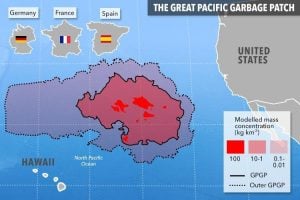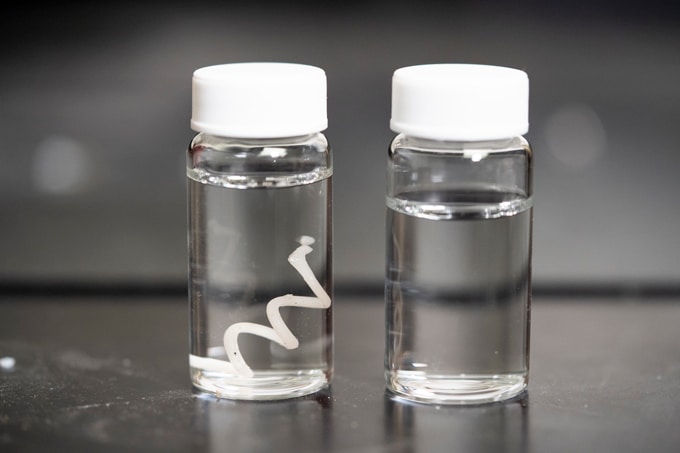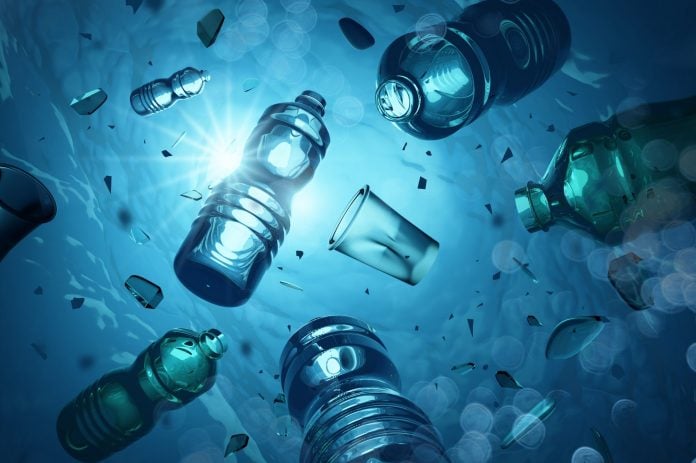Innovative Technology
Plastics that break down and disintegrate into nothing in just a few weeks? Sounds like fantasy right? Well it’s not. The method for this is truly genius, thank you Ting Xu and company.
All you have to do is embed polymer digesting enzymes into the plastic when it’s made. I’m kidding, it’s not that simple, but that’s the gist of it. You have to be careful because of the problem of microplastics though.
Plastic Island
You’ve heard of the great pacific garbage patch. An area twice the size of Texas of trash just swirling around out there in the Pacific Ocean. Well a lot of those plastics out there are comprised of these microplastics and they are on land too. When “biodegradable” plastic doesn’t break down all the way you end up with these microplastics and they cause all sorts of trouble.
Buildup of these microplastics serve as a breeding ground for bacteria. By nature, these plastics like to settle together creating a super toxic environment. Then, when marine life and seabirds etc. consume these, it all eventually moves up the food chain. Larger animals means higher concentrations of these toxins. This is a process called biomagnification.
This problem isn’t just confined to our oceans either. Tiny particles of plastic can be found on land ecosystems creating much of the same problems. Traces of microplastics have already been detected in salt, sugar, and you guessed it, beer! Even creatures that don’t traditionally ingest their food, i.e. yeast, end up consuming these microplastics, hence the beer.
Enzymes at Work

“Biodegradability does not equal compostability,” says Ting Xu, a researcher and scientist at the University of California, Berkeley and Lawrence Berkeley National Laboratory. Her and her team started embedding certain enzymes into biodegradable plastics and are getting some real results. With a little help from an additive that Xu developed, it ensures that the enzymes don’t clump together, thus the enzymes can consume every molecular chain of the plastics. In effect, complete disintegration.
There is still some work to be done though. This technology doesn’t work on all plastics because of the very different composition of different types of plastics. Xu and colleagues are on it and are hopeful for commercialization. “We want this to be in every grocery store,” says Ting.




